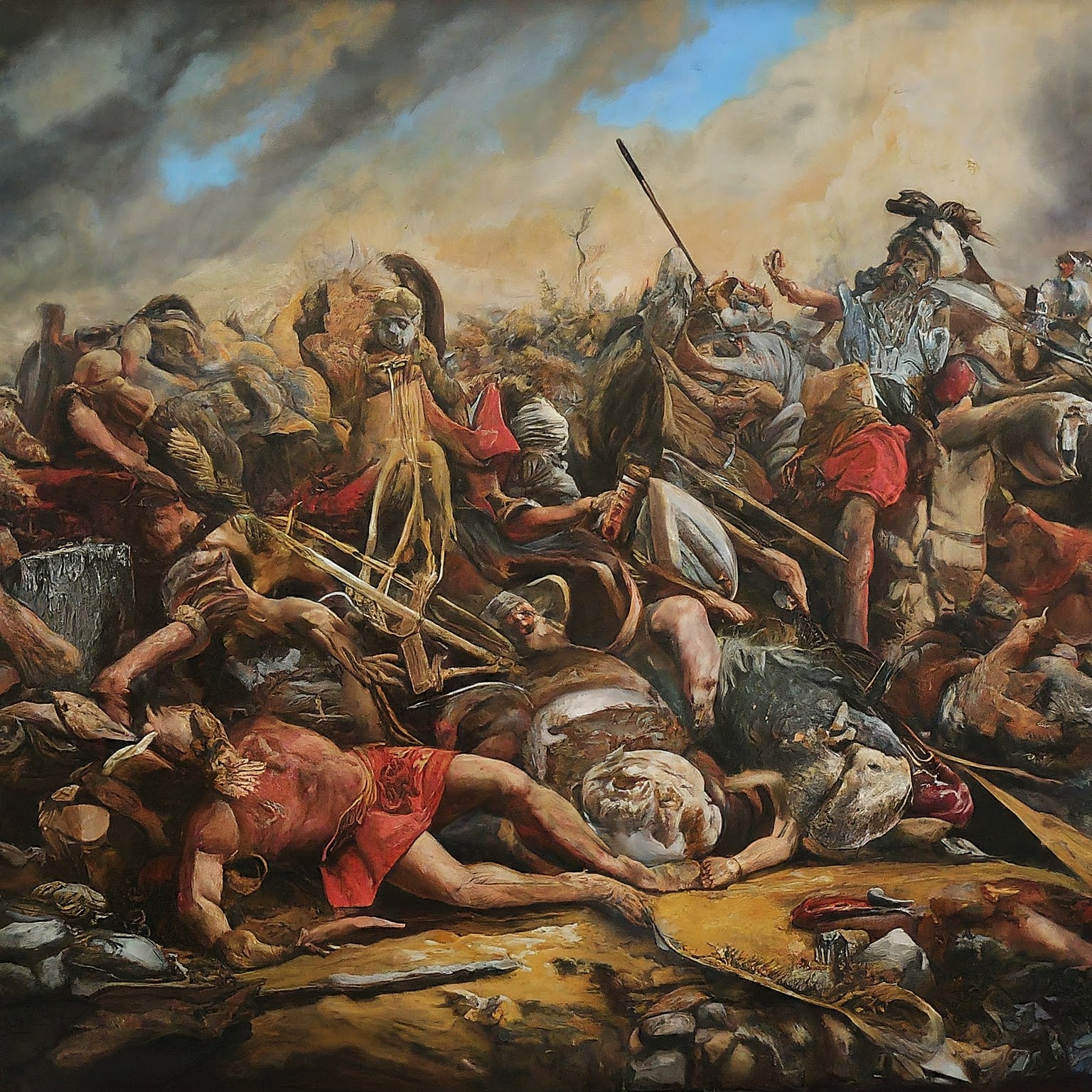The Battle of Gaugamela took place on October 1, 331 BCE, between Alexander the Great and the Persian Emperor Darius III. This battle marked the collapse of the Persian Empire and established Alexander as one of the greatest conquerors in history. It was fought near the village of Gaugamela, which lies close to present-day Mosul, Iraq.
Alexander’s Macedonian army was much smaller than Darius’s forces. While Darius is said to have fielded over 100,000 soldiers, including cavalry, infantry, and war elephants, Alexander had only about 47,000 men. However, Alexander’s troops were well-trained and loyal, while Darius’s soldiers were diverse and loosely united, coming from various parts of his empire.
Darius had chosen the battleground carefully, ensuring it was a flat plain where his chariots and elephants could be effectively deployed. To counter this, Alexander used his genius tactics, feigning retreats to draw Darius’s cavalry out of position and then launching direct assaults where the enemy was vulnerable.
The turning point came when Alexander led a cavalry charge directly at Darius, causing panic among the Persian ranks. Darius fled the battlefield, leaving his army in disarray. The Persians were decisively defeated, and Alexander captured key Persian cities, including Babylon, Susa, and Persepolis, which eventually led to the fall of the Achaemenid Empire.
The Battle of Gaugamela not only demonstrated Alexander’s brilliance as a military strategist but also showed how leadership and tactical innovation could overcome numerical inferiority. It paved the way for the spread of Greek culture and ideas across Asia, shaping the future of Western and Eastern civilizations.
